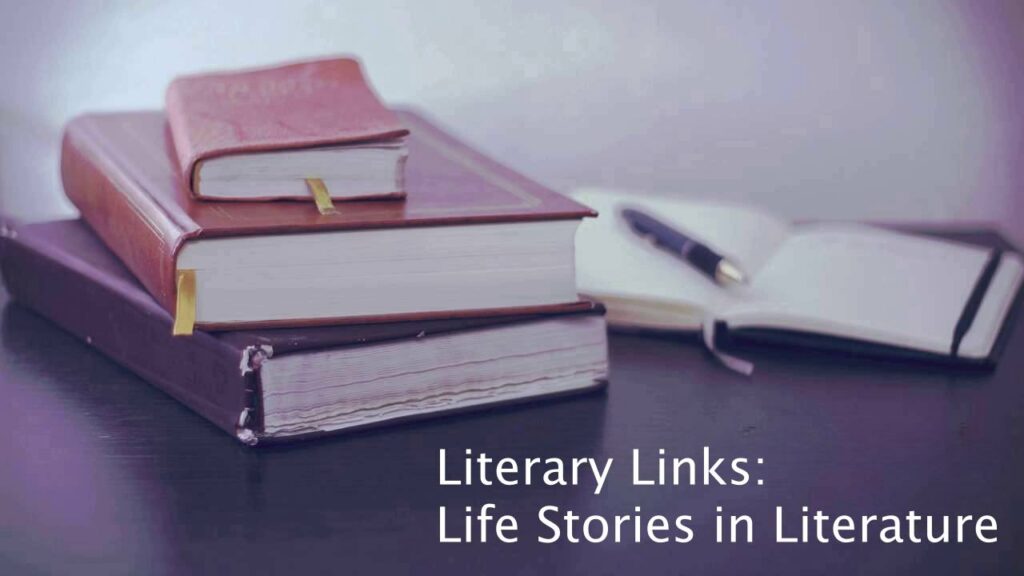Literary Links: Life Stories in Literature
The existential balm of seeing yourself as a verb, not a noun Clinical psychologist Eric Jannazzo discusses the realization that he “could start to imagine my personhood not as a thing but as a roiling together of body and breath, memory and mood, ceaselessly shifting thoughts and perceptions, all braiding with the rest of the […]
Literary Links: Life Stories in Literature Read More »


